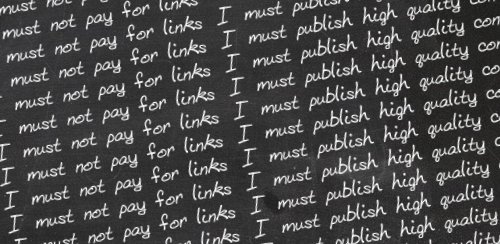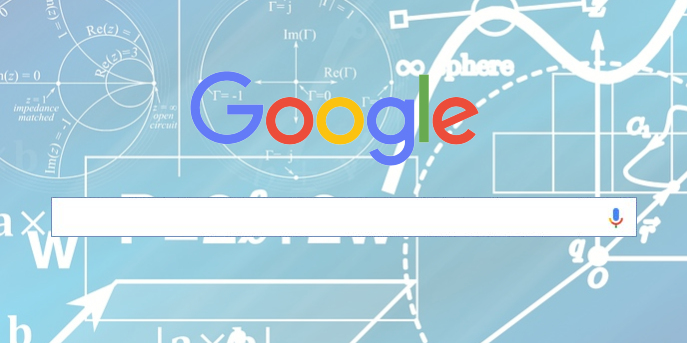
Google's business model is dependent on being able to return the best possible results for any search term. As Google's algorithms become more and more intelligent, Search Engine Optimization (SEO) techniques that used to improve search engine rankings can now actually harm them. And each subsequent Google Algorithm Update is tackling more and more of these techniques. At each update, some websites find that their search engine rankings plummet, while others find that they have disappeared from Google overnight. Here are some of the main reasons that Google penalizes websites:
Structural & Technical Penalties
In our Introduction to Search Engine Optimization, we outline the safe, permitted ways to optimize your website so that you can enjoy higher search engine rankings. If you are not employing these techniques, or are using them incorrectly, your website rankings will suffer. Technical reasons your search engine rankings may fall include slow page loading, lots of website errors (such as broken links and missing images),or excessive website downtime.
Content Penalties
Google's ability to differentiate high-quality original content from content that was designed specifically to attain high search rankings has improved with recent algorithm updates. The phrase "Content is King" has been around for many years, but only now is it becoming the mantra that all website owners should live by. If your website contains multiple pages with similar or duplicate content, or identical content that can be found on one or more other websites, Google will penalize those pages heavily, and perhaps other pages on your website too.
Duplicate content is a difficult area for search engines and website alike. After all, property portals tend to have many thousands of pages with similar content since many may advertise the same properties. To avoid penalties, websites such as these should try to publish content first, and try to differentiate their property descriptions (or equivalent) in as many ways as they can.
Linking Penalties
While Google is striving to remove the importance of links to it's search algorithms, links to your website from other websites are still an important way in which Google defines the importance of your website in search results. For this reason, recent algorithm updates have sought to punish websites that have high rankings because of "artificial" links. This means that if you pay other websites to link to yours, or are involved in too many reciprocal link schemes, your website's search engine rankings will drop.
Spam Penalties
If you are using any techniques that might be considered to be an attempt to dupe search engines (see Search Engine Optimization Methods You Must Avoid),then you are bound to suffer the consequences, and deservedly so. These techniques can include hidden text or links, using too many keywords in your "meta" tags, or using thousands of automatically generated "doorway" pages that are very similar to each other except for a few keywords. Likewise, if your website content is written for search engines and not website visitors, for example by using too many keywords in your text, Google will not consider your content to be high-quality, and your rankings will fall.
Google will also penalize your website if your website features a lot of user-generated content (for example a comment section or forum),and that content is largely spam posts. Not only is such content of poor quality, but it also often features many links to other "spammy" websites. It is therefore important to always moderate your website's user-generated content.
Conclusion
Some of the ways in which Google has penalized websites with it's recent algorithm updates have been widely welcomed, but others, such as the way in which property portals can be punished for having similar content to other websites, have not. However, it is important to remember that Google's main objective is to serve the best search results, and websites that have been punished would not be considered "authority" websites by any measure. Therefore, when formulating your web strategy, it is important to always remember that original, high quality content that attracts legitimate incoming links from other websites will not attract Google penalties now, or ever.


